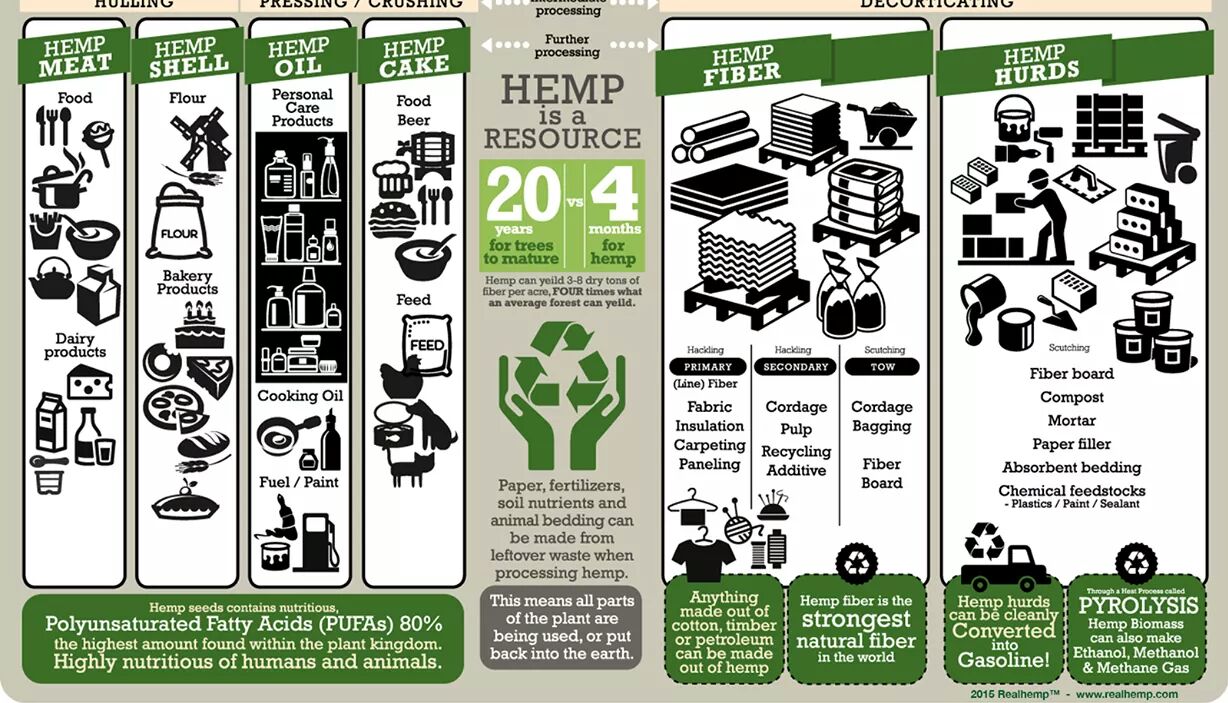
Hemp production is an industry that has experienced significant growth in recent years due to the increasing demand for sustainable materials. However, the traditional methods of hemp production have been unsustainable and expensive. Fortunately, 3D-printing technology is revolutionizing the industry, making it possible to produce high-quality products at low costs while reducing the carbon footprint.
3D-Printing Technology
3D-printing technology has been around for a few decades but has only recently been adopted into the hemp industry. The technology involves creating three-dimensional objects by layering materials on top of one another. This allows for the creation of complex shapes and structures that cannot be produced using traditional methods.
Access to Sustainable Materials
One of the biggest issues with traditional hemp production is the lack of access to sustainable materials. This is where 3D-printing technology comes in. With the ability to print objects using a variety of materials, including hemp-based materials, the industry now has access to sustainable materials that were previously unavailable.
High-Quality Products at Low Costs
Another benefit of 3D-printing technology is the ability to produce high-quality products at low costs. By eliminating the need for expensive molds and tooling, 3D-printing technology greatly reduces the cost of production. This means that the hemp industry can now produce high-quality products at a fraction of the cost of traditional methods.
Reducing Carbon Footprint
The production of traditional hemp products is known to have a significant carbon footprint. This is due to the energy-intensive processes involved in the production of the materials. With 3D-printing technology, the industry can reduce its carbon footprint by utilizing more sustainable materials and eliminating wasteful production processes.
A Game Changer for the Industry
Overall, 3D-printing technology is a game-changer for the hemp industry. With access to sustainable materials, the ability to produce high-quality products at low costs, and a reduced carbon footprint, the industry is poised for significant growth. As more companies adopt this technology, we can expect to see even more innovation and progress in the industry in the years to come.
The future of the hemp industry is bright, and 3D-printing technology is leading the way. As consumers continue to demand sustainable materials, the industry will need to adapt and evolve. With 3D-printing technology, we can expect to see more access to sustainable materials, lower costs, and reduced environmental impact. It’s an exciting time to be a part of the hemp industry, and the possibilities are endless.














